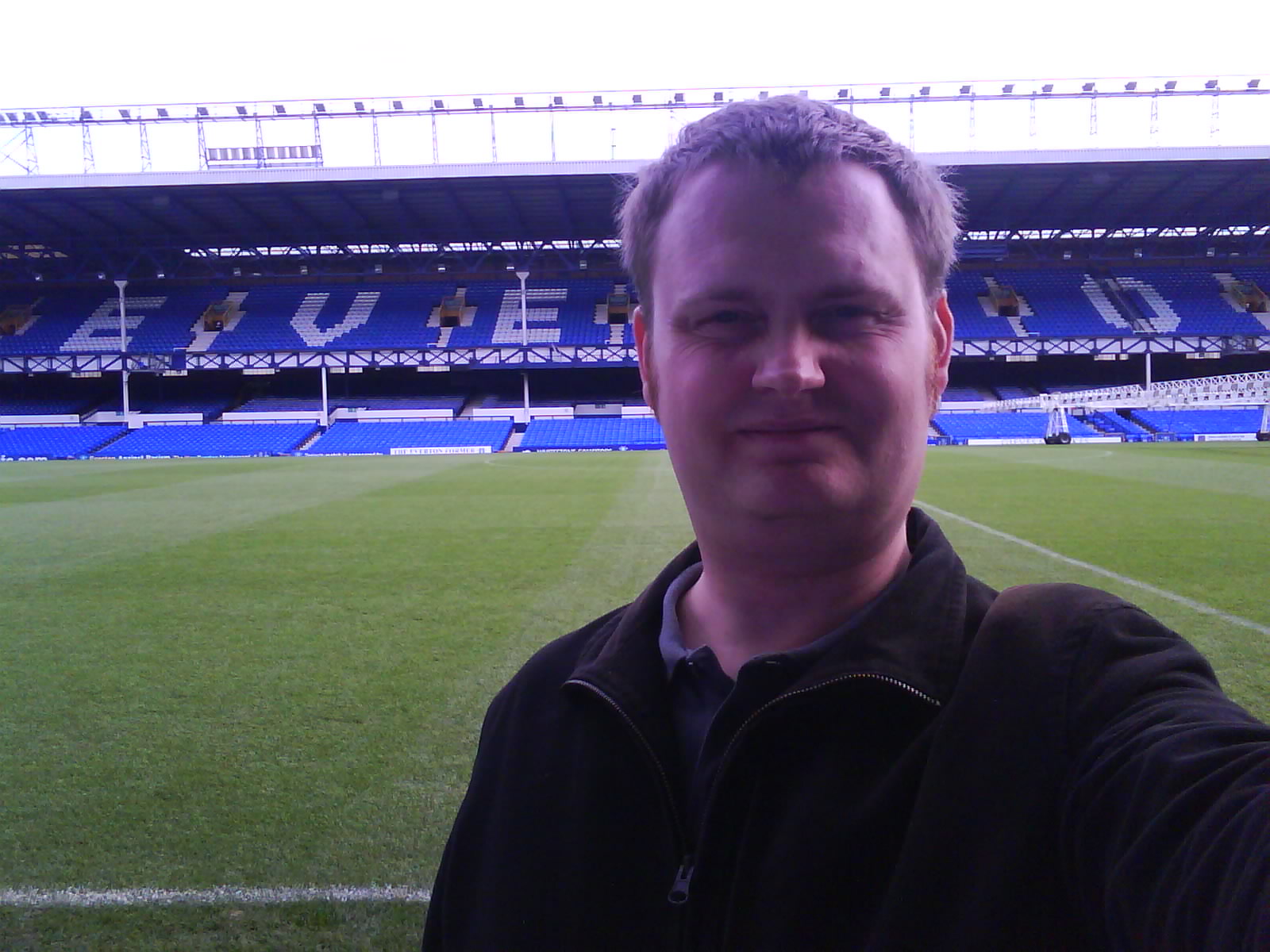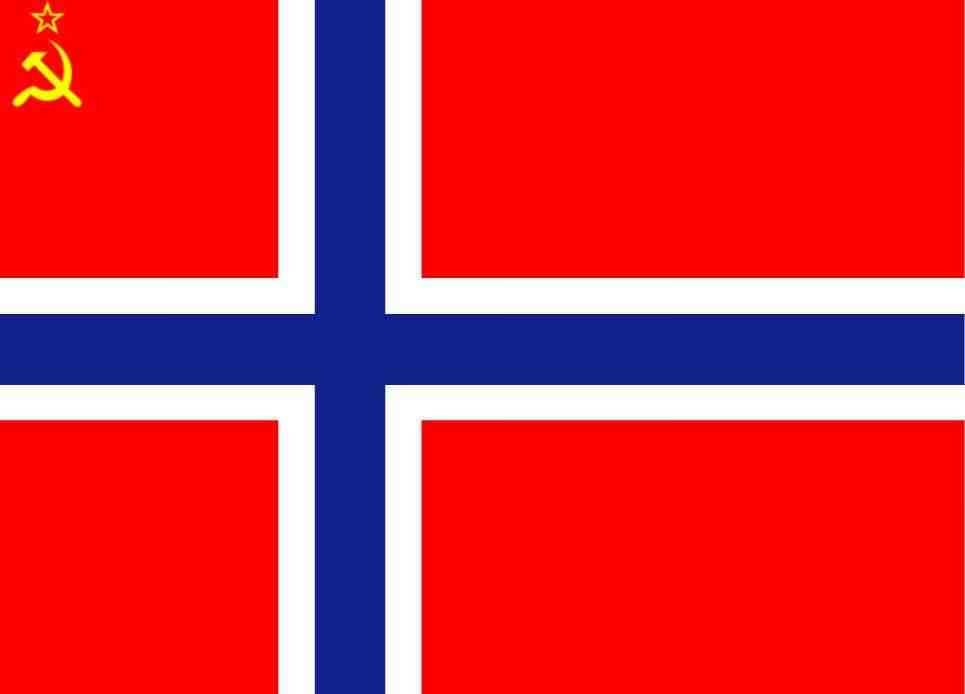Since, like the British ambassador, in Copenhagen, writes in this article, the Danish language, has got a grammar that is easy to learn, where as the language, is difficult, to pronounce.
So, when I was sent all the Danish calls, I had to try to pronounce what I said, in a Danish way, to make the customers understand what I was saying.
Since Danes, often, need a bit of training, to understand Norwegian, like Wikipedia says:
[edit] Mutual comprehension
Generally, speakers of the three largest Scandinavian languages (Danish, Norwegian and Swedish) can read each other's languages without great difficulty. This holds especially true of Danish and Norwegian. The primary obstacles to mutual comprehension are differences in pronunciation. Danish speakers generally do not understand Norwegian as well as the extremely similar written norms would lead one to expect. Some Norwegians also have problems understanding Danish, but according to a recent scientific investigation Norwegians are better at understanding both Danish and Swedish than the Danes and Swedes are at understanding Norwegian.[1] Nonetheless, Danish is widely reported to be the most incomprehensible language of the three.
In general, Danes and Norwegians will fluently understand the other language with only a little training.
http://en.wikipedia.org/wiki/Differences_between_Norwegian_Bokm%C3%A5l_and_Standard_Danish
Wikipedia says: 'In general, Danes [..] will fluently understand the other language [Norwegian] with only a little training'.
But, can one demand, from the Danish customers, calling to activate Windows, that they have 'a little training', in understanding Norwegian.
No, I don't think so.
Many Danes will of course, have had this training in understanding Norwegian, from holidays, or family-members etc.
But Denmark, is not on the Scandinavian peninsula, Jutland, has a land-border to Germany, and I think almost half of the citizens in Denmark live in Jutland, and many of them, aren't that used to Swedish, like eg. the people living in Zealand, where Copenhagen is.
The people living in Zealand, are, from what some of the customers calling said, used to hearing Swedish, and then it's easier for them to understand Norwegian.
But the people living, especially, in the south of Jutland, are much more used with hearing German, and not that often Norwegian or Swedish, so these people, would have a problem, in understanding Norwegian, and often just hang up the phone, if they get to a Norwegian speaker.
So I don't think that it was right, to not have a Danish speaker, on each shift, at Arvato.
I was the only person, taking Danish calls, for about the last four or five months, at my shift, at Arvato.
At least after Lise Mikkelsen quit, who also is Norwegian.
She complained about the Danish calls as well, I remember.
And we got more Danish calls, than other calls, since someone at Arvato Germany, helped with the Norwegian and Swedish calls, but not the Danish calls.
And Norwegian-speakers, had to answer calls, in Norwegian, Swedish and Danish, where as Danish speakers, only had to answer calls in Danish, and Swedish speakers, only had to answer calls in Swedish and Norwegian.
People on the campaign, I think team-leaders, had said, that there was a chance, that the campaign would be moved to Germany.
I needed the job, since I didn't have any family, that I could ask for help, and I had overheard, in Norway, that I was being followed, by 'the mafia', and I was also chased away, by people wanting to kill me, from my uncles farm, in Larvik, in Norway, in July 2005.
I tryed to get help/advice from the Police, in Norway and Britain, but they didn't want to help.
I continued to try to get help/advice/information about what was going on, I was worried about family and friends in Norway.
So while I tryed to get help from the Police, I needed the job, to pay my bills, and food etc.
So that's why I didn't want the Danish customers to hang up.
Since then, they might call and complain, and the campaign, could have been moved completly to Germany.
So I tryed to speak Danish, with a Danish pronounciation, on the Danish calls.
But like the British embassador in Copenhagen, says in this Danish newspaper-article, from Berlingske Tidende, Danish pronounciation, is difficult.
So this got very tiering, trying to sit and speak Danish all day.
I brought this up with the managers, but nothing was done.
They even demanded, that the Norwegian speakers (me mainly, I was the only full-time Norwegian speaker there, in the automn of 2006), had to take the Danish calls, with the same level of quality, and in the same time, that eg. Finnish speakers, had to take Finnish calls.
This I found unreasonable.
And this added the pressure, I think, that was high enough from before, with all the Danish calls.
I also got transfered, a lot of calls, from the other representatives, when the Scaninavian customer, didn't understand English, since there were two English speakers working there.
And also, if it was a tricky call, since I had worked there the longest time, except for one or two persons, and I'm used to building computers, and have studied computing in Oslo and Sunderland.
So the work-load on me, was to high I think.
So it took a few months, I think I must say, for me to recover, from all these Danish and other calls, in 2006.
I also take Scandinavian calls, in my job now, and I haven't really recovered yet, from Arvato/Microsoft.
I've noticed, that I get very easily tired, when I'm taking the Scandinavian business-calls.
So I think the work-load at Arvato, was a bit high.
But the managers, didn't do anything at all, I think I have to say.
And, like I used to say when I worked at Arvato, a couple of times, I thought it was bad customer support, for the Danish customers, to have their calls answered in Norwegian.
I don't think Microsoft, can demand, from their Danish customers, that they should have 'a little training' in understaning Norwegian, like Wikipedia said, that Danes generally should have, to be certain, that they understand Norwegian.
I guess it would have been ok, if they had one Danish speaker, on each shift.
Then, one could have transfered, the call, to the Danish speaker, if there were problems.
Also, the imparity in call-volumes, for Norwegian speakers, of course also contributed, to me being more over-worked, since I'm a Norwegian speaker, and then got calls in three languages (Norwegian, Swedish and Danish), instead of one language, for Danish and Finnish speakers, and two languages (Swedish and Norwegian), for Swedish speaker.
But it's not that easy to explain about the pronounciation of the different Nordic languages, to people who aren't speaking any of this languages, but at least I've tried a couple of times now.
Here is the article, written in Danish, by the British embassador, in Denmark, David Frost:
Taler du dansk - eller foretrækker du engelsk?
Af David Frost
Torsdag den 7. august 2008 kl. 17:43
Den danske æreskonsul i Tennessee, dr. Heller, som er amerikansk læge, har skrevet en meget interessant artikel i Politiken den 5. august. Jeg er sikker på, at den vil vække genklang hos mange udlændinge, som gerne vil integrere sig i Danmark.I artiklen nævner Heller, at han prøver at lære dansk, og at han ville ønske, at han talte bedre dansk. Men han har ramt en mur. Når han er i Danmark og taler dansk, svarer de fleste danskere på engelsk. Han mener at det er fordi “det er nemmere for dem at tale engelsk, end at forsøge at afkode, hvad jeg siger.” Efter min mening tror mange danskere, at deres sprog er så vanskeligt, at udlændinge ikke vil kunne tale det godt, og af ren høflighed vælger de derfor at svare på engelsk.Det er ikke rigtigt. Som dr. Heller siger: dansk grammatik er faktisk ganske nem. Men den danske udtale er svær. Hvad vi udlændige har brug for, er øvelse i det talte sprog. Og det får vi ikke.
Dr. Hellers løsning er efter min opfattelse rigtig god og interessant. Han foreslår, at der designes en lille, men speciel nål, som signalerer, at bæreren lærer dansk, og gerne vil tale dansk. Hvis finansieringen kan findes, håber han, at det er muligt at afholde en konkurrence, hvor det bedste design kan kåres, og at det efterfølgende kan blive sat i produktion.
Jeg synes det er en meget god ide. Hvis du er enig kan du skrive det til Politiken (på debat@pol.dk), eller til mig ved at kommentere på denne blog. På denne måde kan vi gøre vores for at denne idé kan blive en realitet og sørge for at udlændinge i Danmark kan føle sig hjemme her.
2 kommentarer
Jeg tror ikke vi skal gøre noget særligt for at hjælpe med til at udlændinge kan øve sig i det danske sprog.
Dansk er et dejligt sprog - for danskere!
Lige i disse år synes engelsk sprog at gå sin sejrsgang overalt. Bag det lurer dog at USA er på vej ind i spansk og at kinesisk vel også er stærkt på vej til at blive mere betydningsfuldt. Og hvad med russisk/slavisk?
Jeg tror vi skal lade de sproglige særheder udvikle sig organisk i samklang med behov.
Patrick Reay Jehu
7. august 2008 kl. 19:51
Der er også en holdning hos mange danskere, vhor de ser ned på dem med udenlandske accenter, selv om disse prøver høfligt at tale værtslandets sprog. De fleste af disse er de foragtede indvandrere, som nok er årsagen til denne holdning. I øvrigt er danskerne ikke særligt tolerante over for selv lidt afvigende udenlandsk udtale, nok fordi de er mindre vandt til at høre det end fx. engelsktalende.
Skriv en kommentar
Top of Form
Navn (nødvendigt)
E-mail (offentliggøres ikke) (nødvendig)
Webside
Berlingske forbeholder sig ret til, men er ikke forpligtet til, at redigere eller fjerne kommentarer fra blogs, der er:
- i strid med gældende lovgivning
- racistiske eller injurierende
- skrevet i en grov tone
- udleverer personlige oplysninger
Ved at kommentere accepterer du, at Berlingske Tidende herefter frit og fremover kan offentliggøre dit indhold i Berlingske Tidende, på www.berlingske.dk eller andre platforme og medier, som drives af Det Berlingske Officin.
Bottom of Form
En sag for Frost
Den Britiske Ambassadør David Frost blogger om danske og internationale forhold og kommer med et britisk syn på livet i Danmark.
CV: "David Frost har siden 2006 været Britisk Ambassadør i Danmark. Tidligere har han arbejdet som diplomat i Bruxelles (EU), i New York (FN), Paris og Nicosia, og før David kom til Danmark, besad han posten som EU direktør i det britiske udenrigsministerium. Han blev tildelt St Michael and St George korset i 2006. Privat er han fan af fodboldklubben Derby County"
http://frost.blogs.berlingske.dk/2008/08/07/taler-du-dansk-eller-foretr%c3%a6kker-du-engelsk/
















